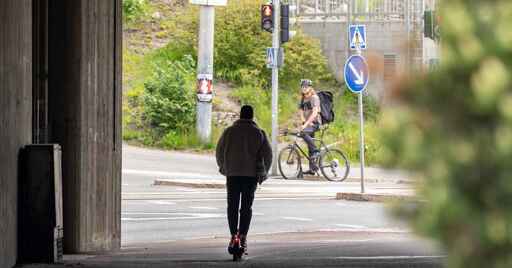Helsinki has not recorded a single traffic fatality in the past 12 months, city and police officials confirmed this week.
The city’s most recent fatal accident occurred in early July 2024 on Keinulaudantie in the city’s Kontula district.
Authorities are calling the situation exceptional.
“A lot of factors contributed to this, but speed limits are one of the most important,” said Roni Utriainen, a traffic engineer with the city’s Urban Environment Division.
…
According to Utriainen, more than half of Helsinki’s streets now have a speed limit of 30 km/h. Fifty years ago, that proportion featured 50 km/h limits.
Earlier this summer, Helsinki decided to lower speed limits near schools to 30 km/h, a measure that is set to take effect as the academic year begins.
…



Makes sense, but I’m not a traffic design engineer, so what do I know. I’m pretty sure traffic congestion has been studied extensively, so there should be a pretty good model on how they develop and what causes them. Speed might be one of those factors.
However, I have seen some videos about speed change causing congestion. Let’s say someone panics because of a moose on a highway, breaks abruptly for a while, and then moves on. That spot will continue to have some sort of congestion long after the incident took place.